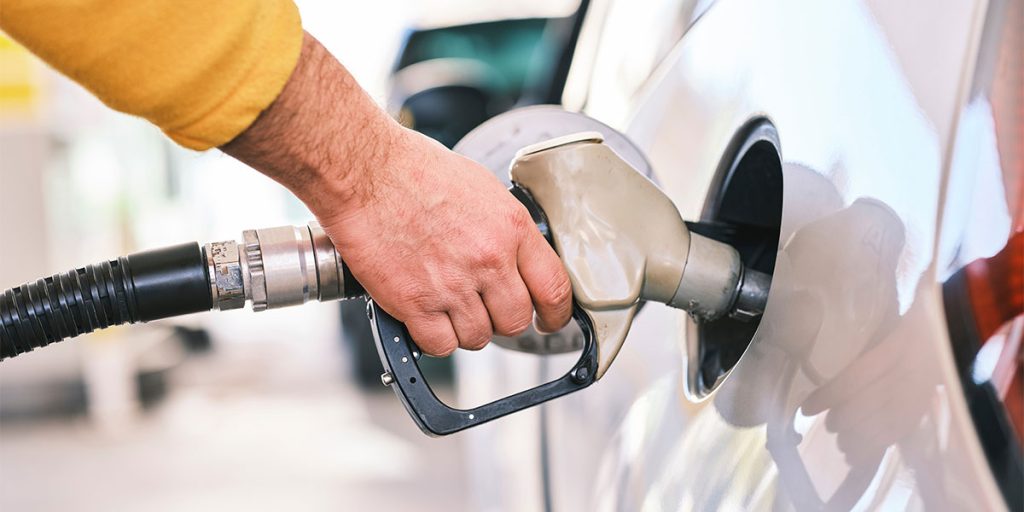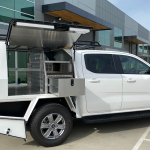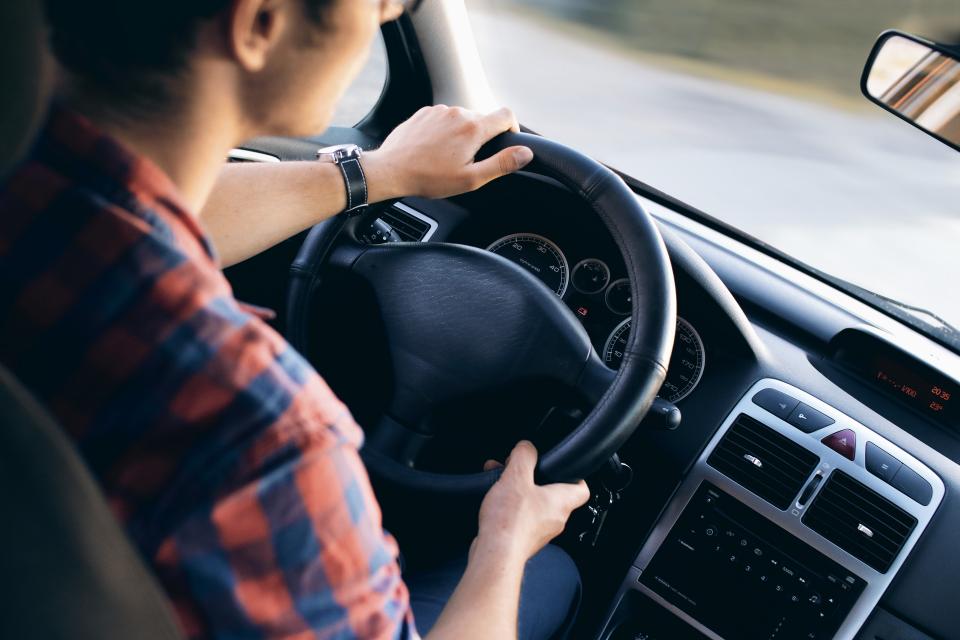As fuel prices have increased in the UK and the rest of the world, making your vehicle more efficient is a simple but effective way to reduce your expenses and lower your carbon footprint at the same time. it doesn’t matter if you’re driving a petrol, diesel, or hybrid vehicle, adjusting your driving habits and servicing routine can save you money.

Content
1. Drive Smoothly
Harsh braking and rapid acceleration both significantly reduce fuel economy. Rather, drive smoothly by anticipating traffic flow, accelerating gradually, and coasting to the stop whenever safe to do so. This is fuel-saving and extends the lifespan of your brakes.
2. Maintain Correct Tyre Pressure
Under-inflated tyres accumulate additional rolling resistance, and this will cause your engine to work that bit harder and drink more fuel. Have your tyre pressure checked at least every month, and in advance of long trips, and have them set at levels suggested by your manufacturer.
3. Lose Excess Weight
Any excess weight in your rear seat or trunk will only force your engine to work harder than necessary and consume more fuel. Get rid of heavy items including tools, sporting equipment, or unused roof racks to make your vehicle more fuel-efficient.
4. Use Air Conditioning with Care
Air conditioning overloads the engine, causing it to consume more fuel. When driving slowly, open the windows instead. But on motorways, closed windows enhance aerodynamics and save fuel.
5. Obey the Speed Limit
Speeding uses a lot of fuel. Driving at 80 mph on a motorway uses up to 25% more fuel than going at 70 mph. Abiding by speed limits makes you fuel-efficient, as well as safe.
To understand your vehicle’s fuel economy and cost per mile, you can try an HPI Check. This report will share the MPG as well as fuel consumption and cost per mile. For example, you can see the cost of driving per mile or per 100 miles.
6. Plan Your Journeys Efficiently
Joining numerous small trips as one extended journey cuts the total cold starts that burn more petrol. Employ guide programs to pick the most economic routes, also minimising traffic jam areas.
7. Gear Up Properly
Traveling on improper gear costs unnecessary fuel. Gear up earlier while avoiding stressful driving on the engine. With manual vehicles, cruising on maximum possible gear without speed fluctuation is the way to maximise efficiency.
8. Avoid Idling
Idle running wastes fuel unnecessarily. If stopped longer than one minute, for example, when waiting for someone or stuck in heavy traffic, switch off the engine to save fuel. Stop-start technology is available in many newer cars and can save fuel wastage.
9. Regularly Service Your Car
A clean engine operates more economically. Replace the oil, air filters, and keep your car in good condition regularly so that it will keep running smoothly and effectively.
10. A Fuel-Efficient Car to the Rescue
Switch to a new low-emission diesel or a hybrid car if you often travel long distances. Take advantage of state subsidies available for electric vehicles so you can save more down the road.
Drivers in the UK should try to follow the tips above to reduce fuel costs and keep the planet clean at the same time. By changing your driving habits and observing vehicle maintenance, you’ll see noticeable improvements in fuel efficiency.

Daniel is the eco-conscious auto whisperer. His blog doesn’t preach; it educates on the world of green transportation. It’s your guide to reducing your carbon footprint without sacrificing style or speed.












